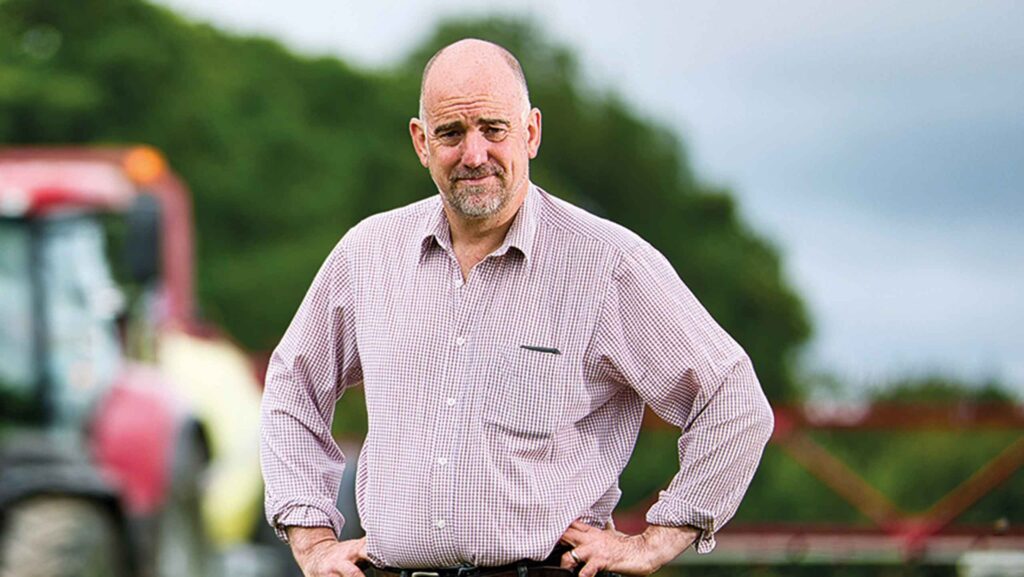Farmer Focus: First harvest missed since being a boy
 Tim Parton © Richard Stanton
Tim Parton © Richard Stanton This is the first harvest I have missed since being a small boy, riding on the platform of my father’s Laverda combine with a nine-foot cut. It always seemed so huge to me.
I wore swimming goggles and a wooly hat to keep the dust out. What a sight that was.
Harvest has always been a special time of year for me, to see the years’ work coming home is always special; giving that warm feeling in the stomach knowing that it’s finally in the shed, safe.
See also: How crop nutrition can avoid insect and disease
This year, I have missed the smells and pressure of harvest – I never thought I would say that.
I am still in rehab. It is a long, slow journey, but one that I am forced to take in order to get independence, which I seek to earn on my discharge from hospital wards.
Oilseed rape came in at 3.5t/ha which was pleasing for the year, with no insecticides or fungicides used. Once a plant is nutritionally balanced with all elements, it doesn’t attract pests or disease (few heads shaking in disbelief).
Nature never intends to have unhealthy plants growing and will use everything at her disposal to take non-functioning plants out of production through pests and disease.
Milling wheats have averaged around 7.5t- 8t/ha, which is slightly disappointing as I would normally expect 9-10t/ha, but considering the year we have had, I am content with the result.
I have heard wheat results as low as 5t/ha, but also up to 12t/ha, which I think is a total reflection on location and soil type/condition, with healthy soil shining through this year.
Many soils have needed lifting after the amount of rainfall acquired in the last 12 months.
All wheat will, hopefully, be marketed through the Green Farm Collective as a regenerative wheat, gaining a healthy premium for a genuine product.
We are gaining more ground all the while, with new bakers showing interest in products that can make them become part of the story.
At some point, every inhabitant of this planet must become responsible for the way their food is produced and be willing to pay for the privilege, if we are to have a future for generations to come.


